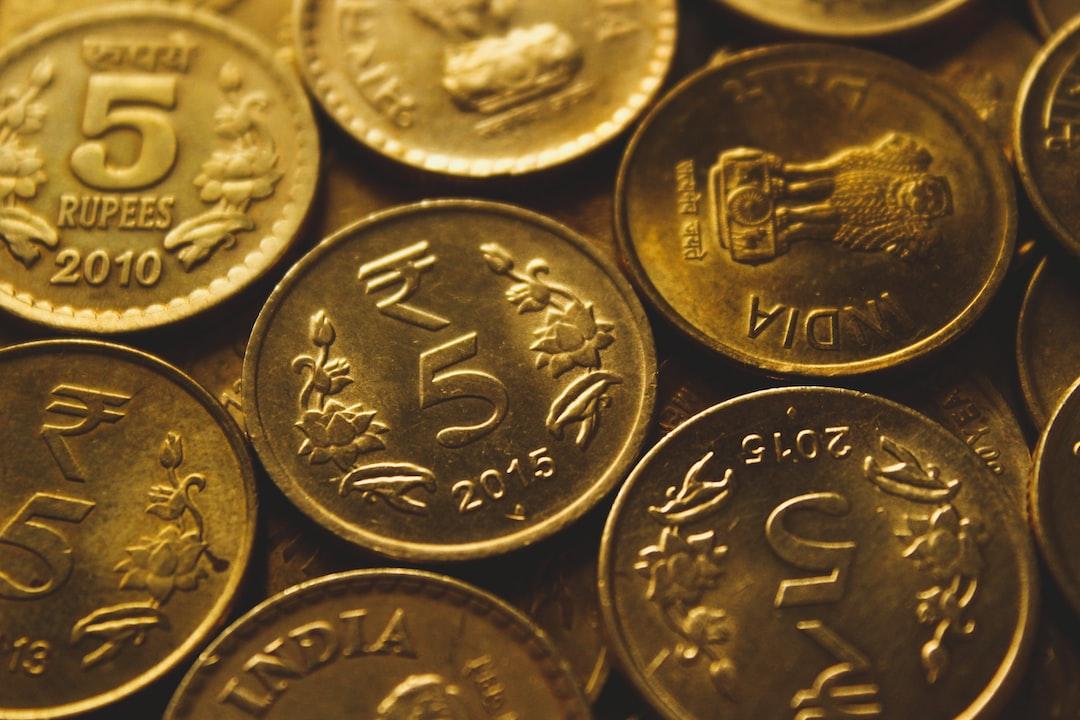
Ethereum (ETH) Price: Potential Golden Cross Formation May Propel Ethereum Beyond $4,000
TLDR:
Ethereum has experienced a 46.11% climb but remains the second-worst performer among top 10 cryptocurrencies. Key resistance level at $3,600 could determine if ETH reaches $4,000, with strong support at $3,000 and $2,359. Ethereum whale holdings (1000+ ETH) are near monthly highs of 5,561, indicating market confidence. Short positions have surged to $918 million as traders react to ETH dropping below $3,500. A potential “Golden Cross” of 50/200 day moving averages could trigger a bullish run after August’s “Death Cross” caused a 35% drop.
Ethereum’s price journey in November 2024 has revealed a complex market dynamic, with large holders accumulating while short sellers increase their positions. The second-largest cryptocurrency has posted a 46.11% gain, though this places it as the second-worst performer among the top 10 cryptocurrencies by market capitalization.
Recent data shows that Ethereum whales, defined as addresses holding at least 1,000 ETH, have increased their positions to near-monthly highs. The current count stands at 5,557 whale addresses, just shy of the monthly peak of 5,561, suggesting strong confidence among large holders.
The market has seen a notable surge in short positions, reaching $918 million as traders react to Ethereum’s inability to maintain prices above $3,500. This contrasts sharply with long positions, which currently total approximately $218 million, creating a $700 million disparity between bearish and bullish bets.
Technical analysis reveals a critical resistance level at $3,600, which could determine whether ETH can reach the psychologically important $4,000 mark. This price point hasn’t been seen since December 2021, and reaching it would represent an 11% increase from current levels.
The short-term price action shows Ethereum trading within an ascending channel since November 16. However, the recent drop below the channel’s support line at $3,314 has raised concerns among market participants.
Market data indicates that realized profits have reached $659.22 million, suggesting many traders have secured gains during recent price movements. This high level of realized profits may provide some protection against mass liquidations unless a sharp price rebound occurs.
Support levels have formed at $3,000 and $2,359, creating crucial price floors that could prevent deeper declines if selling pressure intensifies. These levels have shown historical importance as areas where buyers have previously stepped in.
The MVRV 7-day metric, which compares market value to realized value, currently sits at 3.8%. This reading suggests a neutral to slightly bullish short-term outlook, though historical data shows that readings between 5-7% often precede price corrections.
A potentially bullish signal is forming on the charts as the 50-day and 200-day moving averages approach a “Golden Cross” formation. This technical pattern could spark renewed buying interest, particularly given that the previous “Death Cross” in August led to a 35% price decline.
Whale behavior patterns show an interesting cycle of accumulation. After rising from 5,527 to 5,561 addresses over six days, the number briefly dropped to 5,535 on November 20, before recovering to current levels within a week.
If Ethereum fails to hold above $3,220, technical analysis suggests a potential decline to $3,033. However, a break above current resistance could open the path to $3,547 and potentially the $4,000 level.
The derivatives market shows increasing complexity, with liquidation risks mounting for leveraged positions if Ethereum moves sharply above $3,700. This creates a volatile situation where large price movements could trigger cascading effects.
Trading volume patterns indicate steady market participation, though with notable shifts between buying and selling pressure as the price tests key technical levels.
Recent market data shows that while short-term traders have taken profits, long-term holders continue to maintain or increase their positions, creating an interesting dynamic between different time horizons.













